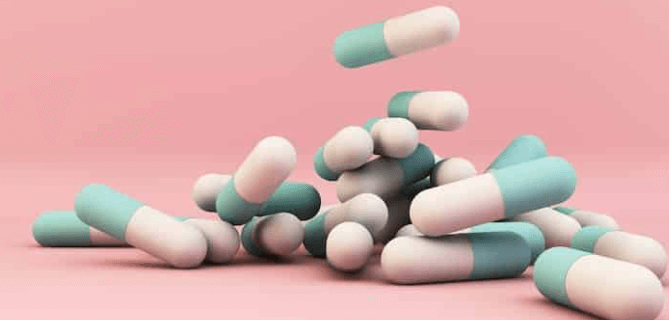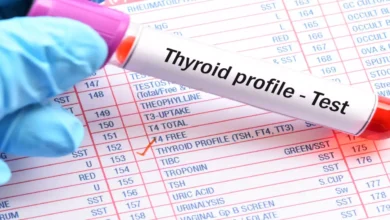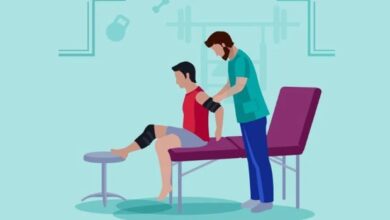Clearing The Confusion: Vicodin Detection Time in Different Tests

The commonly prescribed painkiller Vicodin offers relief for moderate to severe discomfort, but also delivers risks like dependency that require monitoring usage over time. A question that often comes up among both prescription holders and casual recreational users of hydrocodone/acetaminophen Vicodin tablets is “how long does Vicodin stay in your system?”
The realistic detection duration relies heavily on the type of drug screening test method used, spanning from days to months. But personal metabolism factors also greatly impact how long Vicodin stays before fully flushing out too. Understanding the variable timeline of traceability for this opioid painkiller across different drug tests clears up major confusion about its clearance rate from the body and how long metabolites remain measurable.
Factors That Affect Vicodin Detection Times
How long does vicodin stay in your system before fully flushing out depends largely on personal health and length of use variables like:
Frequency of Dosing – The more often Vicodin gets administered, the longer metabolites can be picked up after stopping intake. Infrequent low doses clear faster than heavy daily usage.
Body Mass Index – Obese or heavier individuals retain Vicodin compounds longer than slimmer people since the drug stores itself in fat cells before elimination.
Genetics and Enzyme Levels – People naturally metabolize medications at different rates based on genetic predispositions, impacting how long Vicodin stays detectable.
Hydration Status – Being dehydrated inhibits waste excretion through urine and feces, preventing full removal of metabolites for several additional days.
Understanding how these individual factors influence detection windows prevents uncertainties about when Vicodin completely clears from your system.
Vicodin Detection Duration in Common Drug Tests
Urine – Metabolites show for approximately 2 to 4 days but may persist up to a week in regular users since traces reabsorb into the bloodstream from urine.
Blood – Vicodin only appears for 12 to 24 hours maximum since blood filtration occurs rapidly relative to other testing methods.
Saliva – Oral fluid tests likely won’t detect Vicodin after a day since the drug doesn’t remain very long after swallowing and absorbing through gums.
Hair – Usage can be spotted for up to 90 days but is less common for monitoring since collection requires head hair samples.
Clearly, detection duration varies drastically across testing methods – spanning hours in blood to months in hair. Appreciating these windows prevents unwanted surprises regarding Vicodin traceability.
Safely Clearing Vicodin from Your System
Eliminating prescription opioids like Vicodin is most safely and comfortably achieved through medical detox – where vital signs get monitored 24/7 by professionals as drugs leave the body. Follow-up rehab treatment then focuses on managing withdrawal and preventing relapse through counseling and group support.
Conclusion
When exploring the common question of “how long does Vicodin stay in your system?” keep in mind variables like your metabolism, hydration status, and dosage amounts all directly impact Vicodin clearance windows. While the drug may no longer produce painkilling effects beyond 4 to 6 hours after your final dose, detectable drug metabolites can stay for between 2 to 7 full days. Chronic heavy users can even exhibit urine or hair traceability up to 4 weeks later.






